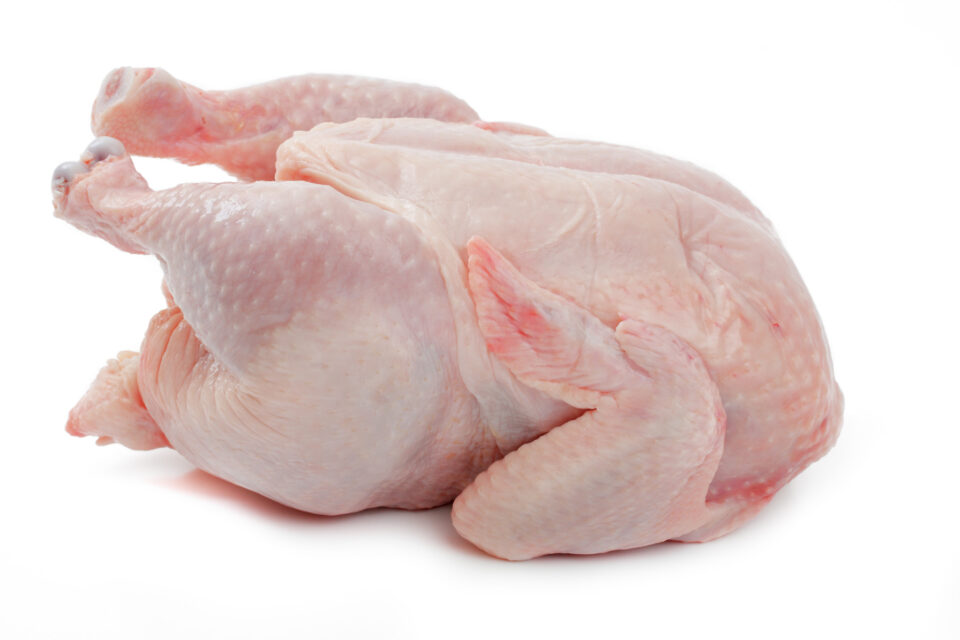Egyptian poultry farmers are experiencing financial losses for the second consecutive season, largely due to government policies allowing a significant influx of frozen chicken imports. Tharwat Al-Zaini, Vice President of the Egyptian Poultry Producers Union, highlighted the crisis in a recent statement, noting that local farmers are losing an estimated 7 Egyptian pounds (approximately US$0.14) per kilogram of live-weight chicken. He warned that these policies jeopardize the very survival of the poultry industry.
In 2023, chicken meat production in Egypt is projected to reach around 1.59 million tonnes. Official data indicates that while chicken production nearly doubled between 2010 and 2019, it has plateaued over the past five years.
In June 2023, the Egyptian government temporarily lifted tariffs on frozen chicken imports, primarily sourced from Brazil, which dominates the market. Local traders report that Brazil exported approximately 200,000 tonnes of poultry to Egypt last year, significantly increasing total imports. Other countries, such as Thailand, Ukraine, and the US, also contribute to Egypt’s poultry imports.
Currently, the production cost of broiler meat stands at about 74 Egyptian pounds (US$1.50) per kilogram, while imported frozen chicken sells for around 66 Egyptian pounds (US$1.36) per kilogram. Although prices fluctuate daily, Al-Zaini acknowledged that imported poultry remains consistently cheaper than locally produced options.
Al-Zaini urged Egyptian authorities to address the situation, asserting that the nation’s food security relies on the continued viability of local poultry farmers.
Despite these challenges, the Egyptian poultry sector has demonstrated resilience, being a labor-intensive industry that significantly contributes to the national budget. Al-Zaini remains optimistic, believing that the poultry industry merits government support.
Fluctuations in the Egyptian currency over the past two years have also compounded the difficulties faced by local farmers, making imports appear more competitively priced. This situation has led to a sense of panic among farmers, who sometimes sell their products at unsustainable prices in anticipation of further declines.
Al-Zaini proposed that the government should allow farmers to slaughter and freeze poultry during periods of high demand, enabling them to release stock when market conditions improve. Current regulations restrict farmers’ ability to switch between chilled and frozen production.
He also expressed confidence that if the Egyptian government halted imports, consumers would not notice a significant impact, as local farmers could quickly ramp up production to fill the gap without triggering price increases, given that the market remains largely state-controlled.


